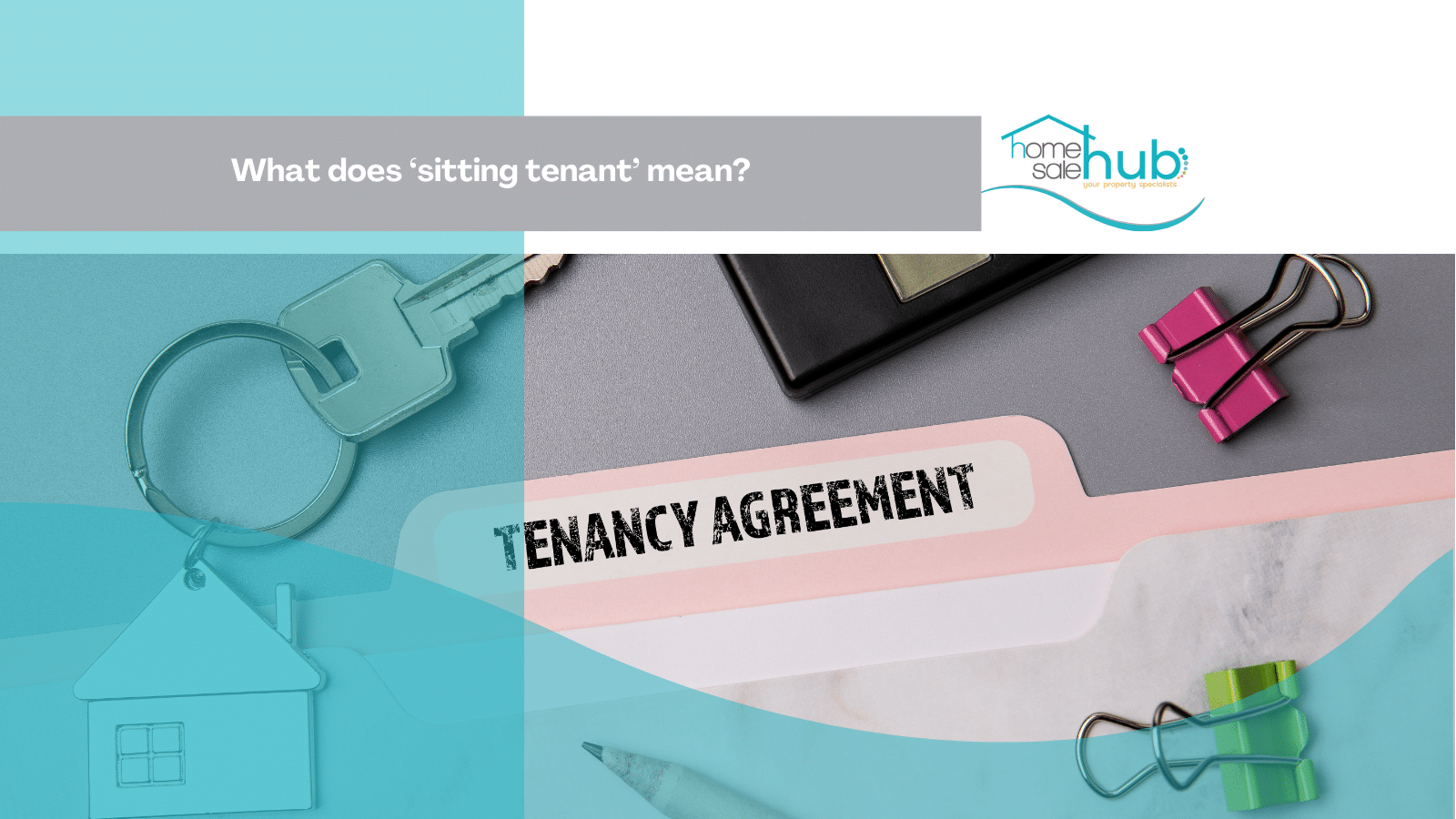Address
38f Goring Rd,
Worthing
BN12 4AD
What Does a Sitting Tenant Mean?
When buying or selling a property you may come across the term sitting tenant. Understanding what this means is important, as it can affect both the value of the property and what you are legally able to do with it after purchase.
Definition of a Sitting Tenant
A sitting tenant is someone who lives in a property under a tenancy agreement that continues after the ownership of the property changes. In simple terms, if a landlord sells a property, the tenant does not have to move out. Instead, their tenancy transfers to the new owner, who then becomes their landlord.
This arrangement is common in rental properties where the tenant has a legal right to stay, regardless of whether the property is sold.
Types of Tenancy Agreements
The rights of a sitting tenant will depend on the type of tenancy agreement in place:
- Assured Shorthold Tenancy (AST): This is the most common form of tenancy in the UK. It usually runs for six or twelve months and can be renewed. When the property is sold, the new landlord must honour the existing agreement until its end date.
- Assured Tenancy: More secure than an AST, this type gives tenants stronger protection from eviction.
- Protected or Regulated Tenancy: These tenancies are less common today but still exist, particularly in older rental properties. They can give tenants long-term security and may even restrict the rent that can be charged.
Impact on Buyers
Purchasing a property with a sitting tenant can have both advantages and disadvantages:
- Advantages:
- Immediate rental income from day one.
- No need to advertise for tenants or arrange letting contracts.
- Immediate rental income from day one.
- Disadvantages:
- Limited flexibility if you plan to live in the property yourself, as the tenant has legal rights to remain.
- Potential restrictions if the tenancy is a regulated or protected tenancy, as rent may be capped below market value.
- Limited flexibility if you plan to live in the property yourself, as the tenant has legal rights to remain.
Impact on Sellers
If you are selling a property with a sitting tenant, it can affect the type of buyer you attract. Most often, such sales appeal to investors rather than people looking for a home. The property may also sell for less than a vacant one, especially if the tenancy reduces the rental income potential.
Legal Responsibilities
Both buyers and sellers should be aware that tenants’ rights are protected by law. For example:
- The tenancy agreement remains valid after a sale.
- Deposit protection rules still apply.
- Eviction can only take place by following the correct legal process, with notice periods depending on the tenancy type.
——————
A sitting tenant simply means a person who continues to live in a property while it is sold to a new owner. For buyers, this can be an opportunity to earn rental income immediately, but it may also restrict future plans for the property. For sellers, it may limit the pool of interested buyers.
Before making decisions involving a sitting tenant, it is advisable to seek professional advice from a solicitor or letting specialist to understand the specific tenancy rights in place.
If you are unsure whether it is better to sell your property vacant or with tenants in place, the team at Home Sale Hub can help. We provide clear advice based on your circumstances, whether you are looking to achieve the best sale price, keep rental income flowing, or attract the right type of buyer.
Contact Home Sale Hub today to speak with our experts and make an informed decision about your next step.


